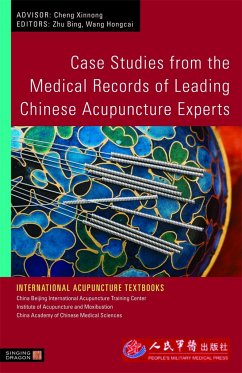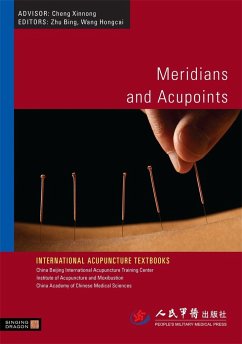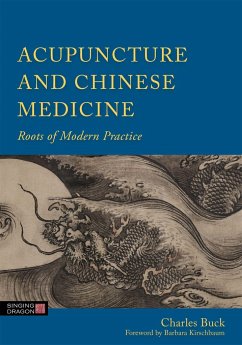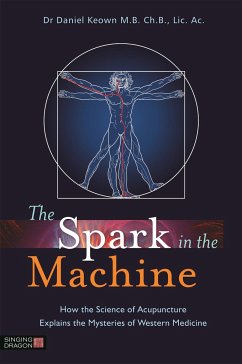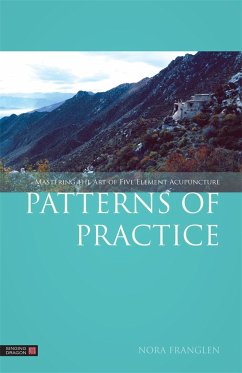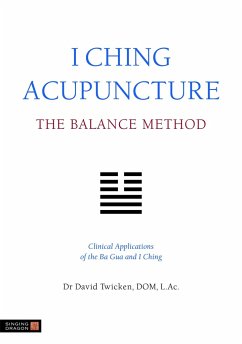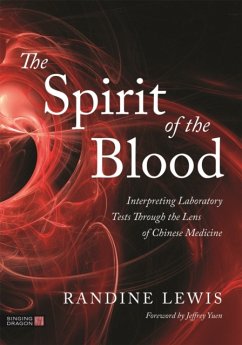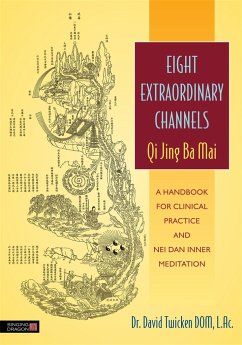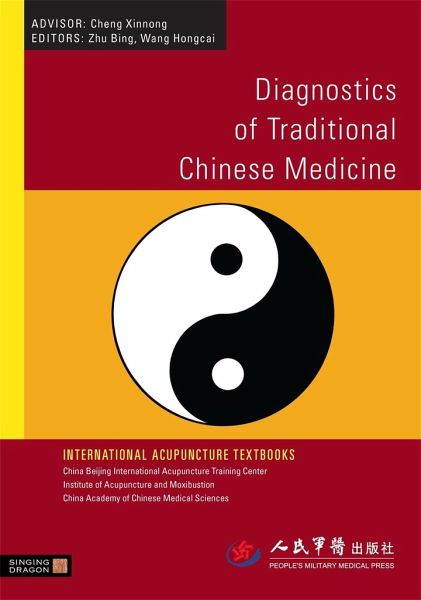
Diagnostics of Traditional Chinese Medicine

PAYBACK Punkte
19 °P sammeln!
The principles and practice of diagnostics are key to administering effective treatment in traditional Chinese medicine. The ability to diagnose symptoms and complaints correctly is fundamental to deciding on appropriate remedies, and this book provides a comprehensive introduction to all the principles that students and practitioners need to know.




